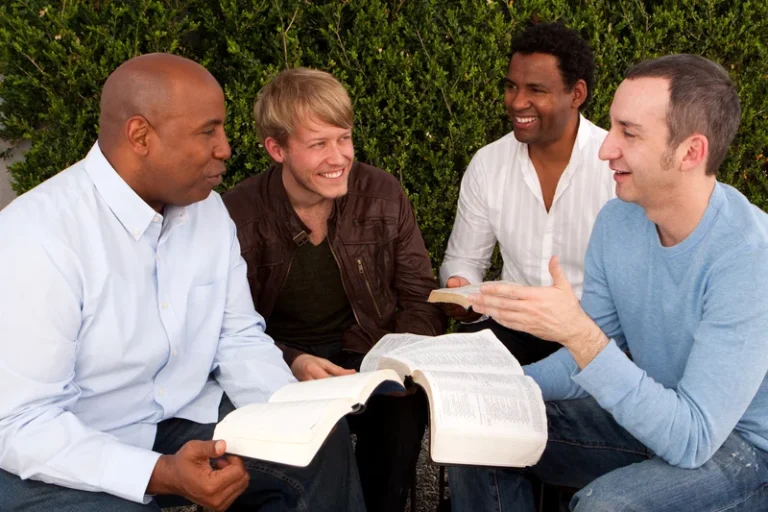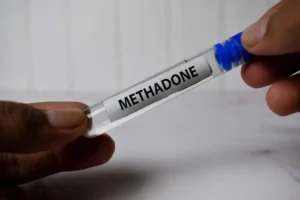8 Ways to Maintain an Attitude of Gratitude in Addiction Recovery
8 Ways to Maintain an Attitude of Gratitude in Addiction Recovery

Incorporating gratitude as a daily practice can be especially helpful during tough times. By acknowledging the positive aspects of their lives, individuals can shift their perspective, maintain hope, and stay committed to their recovery goals. This can ultimately help them navigate challenges and setbacks with resilience and determination. Gratitude has a profound positive impact on psychological well-being, self-esteem, and depression, even when controlling for personality traits. By cultivating a sense of gratitude, individuals in recovery can experience increased feelings of happiness, contentment, and overall life satisfaction. The more you practice gratitude, the stronger your resilience becomes.
How Do You Keep a Grateful Attitude Over Time?
- Practicing gratitude can help you heal, grow, and transform your life.
- If you recently completed drug rehab, you most likely learned a few (if not many) valuable life lessons that changed you for the better.
- After 10 weeks of study, those who wrote about gratitude were more optimistic and felt better about their lives.
By incorporating gratitude practices into their daily lives, individuals can experience the transformative effects of gratitude on their recovery process. Even if you’re struggling through an exceptionally difficult life circumstance, there is always something to be thankful for. Recovery is difficult, and maintaining a sense of gratitude can be crucial to a full and lasting recovery.

Addiction Recovery Challenges: Why Overcoming Substance Abuse Is So Difficult
You can choose to do this if you need a structured way to consistently notice what you are thankful for. Whatever method you choose, try to set yourself up for success by being realistic. https://ecosoberhouse.com/ If you’re not a morning person, writing in a gratitude journal first thing is unlikely. Set up your routine to fit comfortably in your life so you can keep up this new habit long-term.
Begin Your Healing Journey
- Expressing how thankful you are to them makes you feel good, strengthens your relationships, and makes others feel valued.
- By reframing their perspective through gratitude, individuals can find solace in the small moments of joy and progress, leading to a renewed sense of purpose, motivation, and self-empowerment.
- Practicing gratitude in recovery can help us redirect our thinking, so that we can lead meaningful, purposeful lives under all conditions.
- In one study, the researcher evaluated a group of treatment participants and some staff members for psychological traits, coping skills, gratitude, and other factors.
- Gratitude fosters a sense of appreciation for the progress made and the opportunities that lie ahead, reinforcing the commitment to sobriety.
Let it remind you of how far you’ve come and inspire you to keep moving forward. Because in the end, a recovery journey infused with gratitude isn’t just about overcoming addiction – it’s about rediscovering the richness and wonder of life itself. Speaking of motivation, gratitude can be a game-changer when it comes to staying on track with recovery. When you’re grateful for your progress and the support you’ve received, you’re more likely to want to honor that by continuing on your recovery journey. It’s like a positive feedback loop – gratitude fuels motivation, which leads to progress, which in turn fuels more gratitude. Addiction often strains or destroys relationships with family and friends.
Throughout each day, be mindful of your interactions and observations of others. Be mindful of sharing your gratitude for others as they cross your path or as you observe good deeds on behalf of strangers. Be generous in sharing and showing your appreciation for their actions and efforts as you go about your day.

It’s important to keep in mind that things don’t have to have any significance for you to be grateful for them. The sun could be shining, someone could have wished you a good day, you could have a good book, have woken up happy, or any number of other seemingly insignificant things. Think about little things that make you happy on a day to day basis. For example, the taste of coffee or your favorite dish, your favorite TV show, learning something, a joke. Here, some people choose to keep a gratitude journal or to note down things they’re grateful for in other ways.
There is no reason we would be able to recover from the brain changes caused by addiction, but sobriety is a freely available gift. So too is the air we breathe, clear gratitude in recovery water from natural springs, fruits, nuts, roots, and grains given to us by the earth. Humans are newcomers on earth, wholly dependent on its freely given bounty.
- You can simply feel grateful that you made it through or that you didn’t take your bad day out on anyone else.
- This can reduce negative emotions such as anger, resentment, guilt, and shame, which can trigger a relapse.
- Gratitude is a muscle that develops with training and practice, and when we make a habit of appreciating the better qualities in life, we strengthen that muscle in our mind.
- Let it remind you of how far you’ve come and inspire you to keep moving forward.
Myth 4: Gratitude is hard to practice

Keep going to AA, NA or other support meetings; keep reading the Big Book or other sources of perennial wisdom and keep on the road to happiness. The transition from addiction to recovery isn’t overnight, and the benefits don’t come all at once. Having trouble focusing your gratitude onto a specific person, place or thing? When we honor and appreciate other people’s assets, we create a safe environment where they, too, can feel happy and grateful, and they benefit from our presence. But now that we deliberately manifest gratitude, we see the best qualities in any given moment, person and situation, and it creates a positive feedback loop where we draw out the best in others. In active addiction, we struggled with the concept of having enough.

When you’re mired in the depths of addiction, other negative situations often come along with it. Substance abuse strains relationships, impacts personal finances, and can stymie your career, among other potential barriers to happiness. Arriving at a point in life where you are making a sincere effort to recover takes time. It probably involved hitting several low points and tough times along the way, and those pitfalls still occur after recovery begins.
